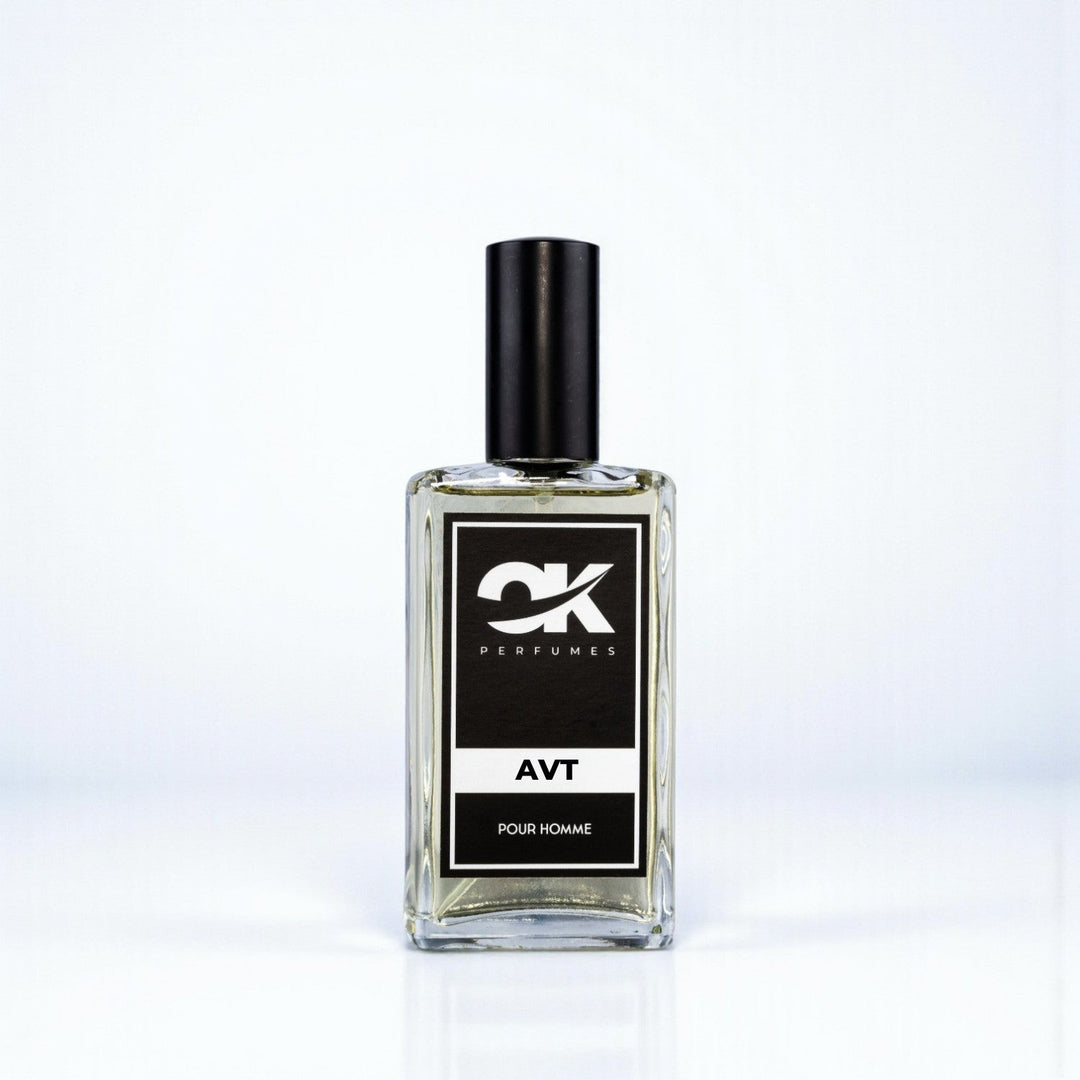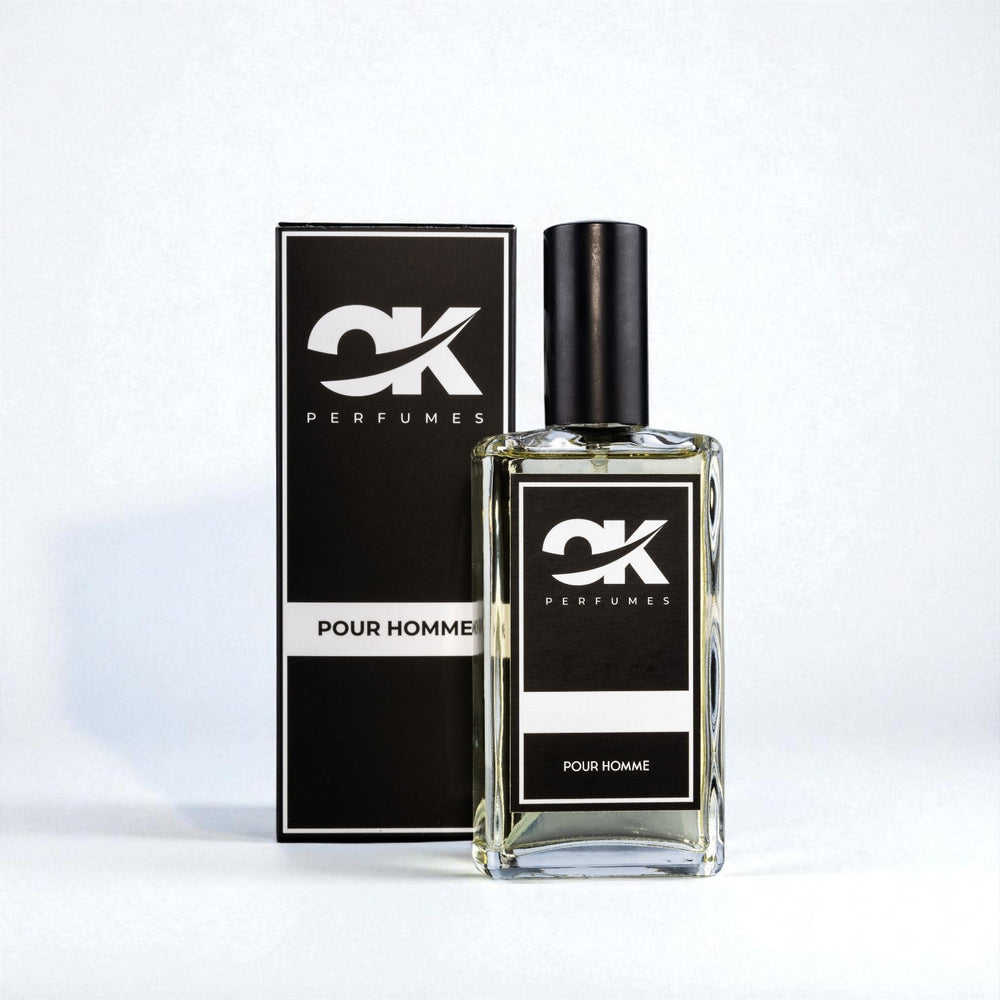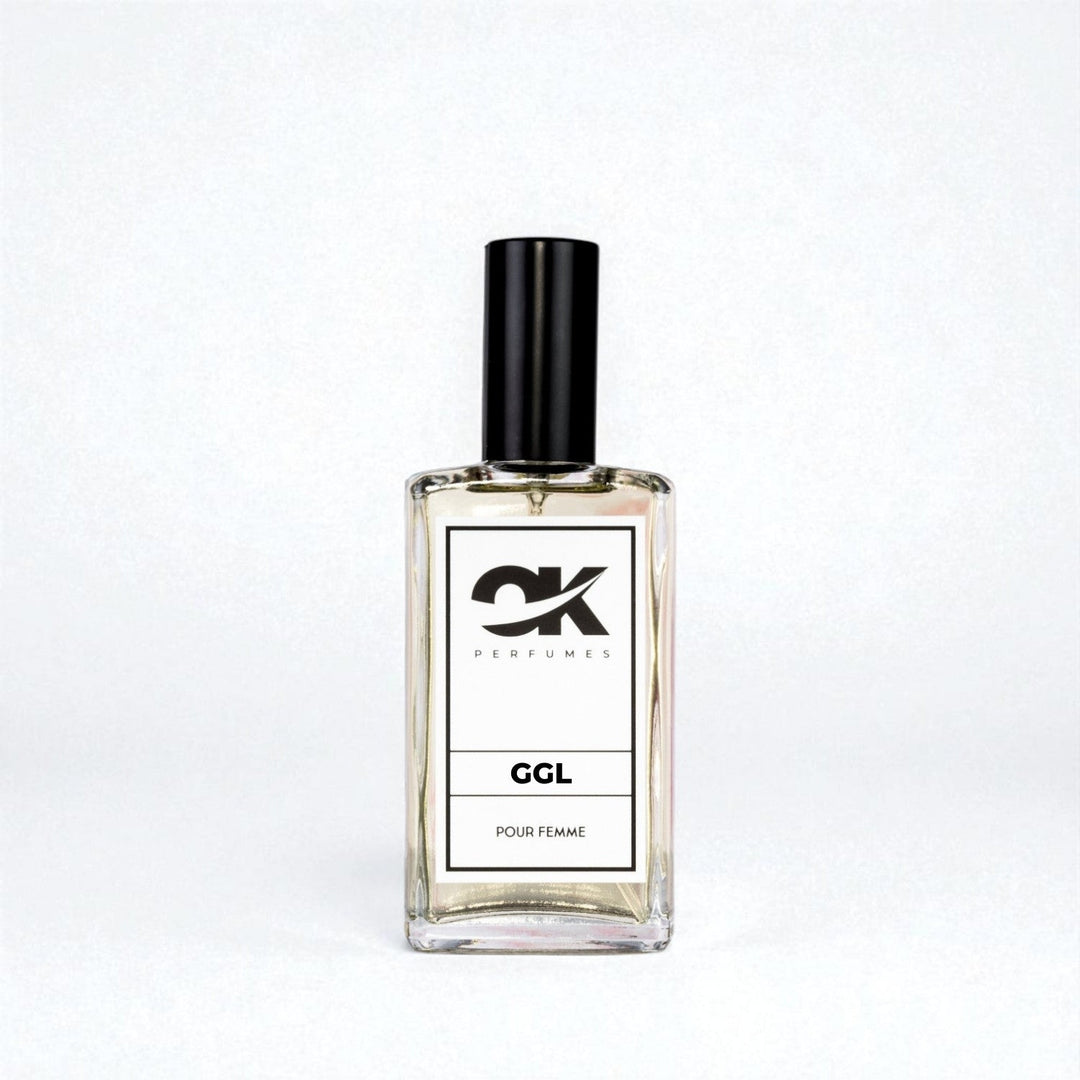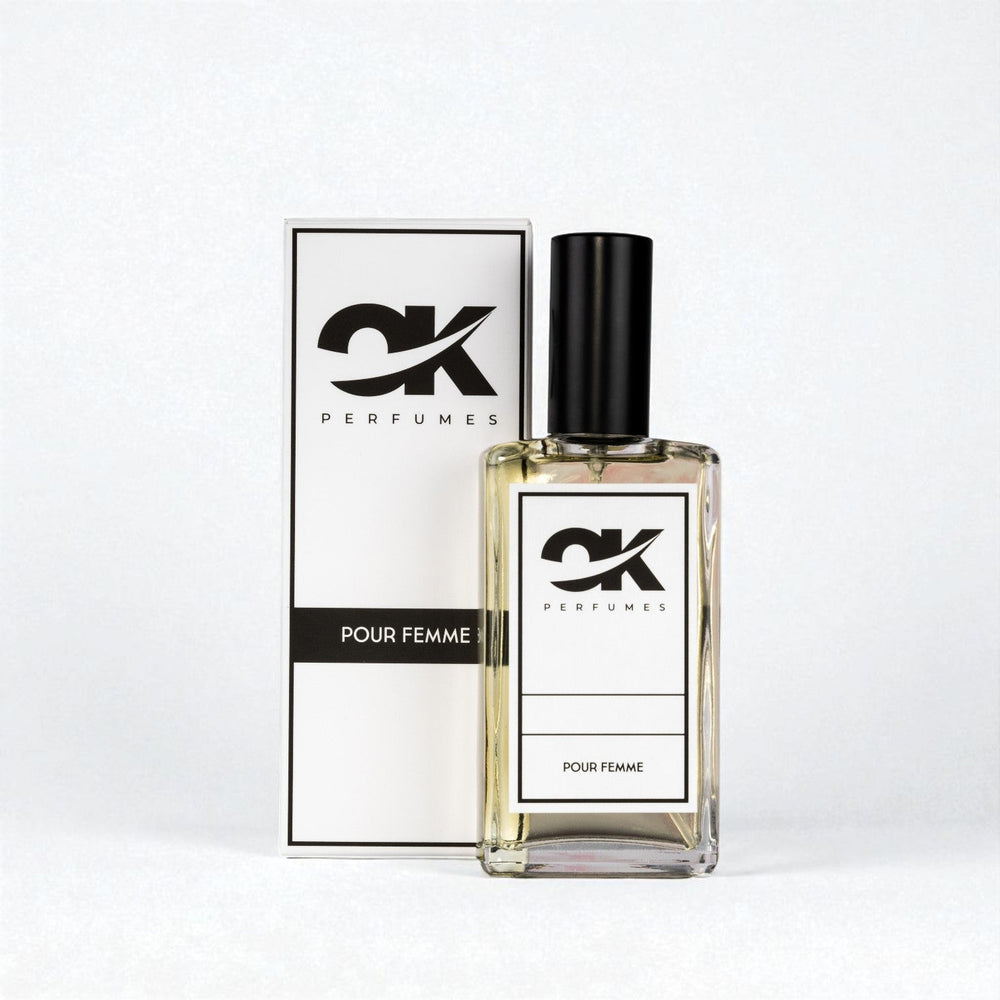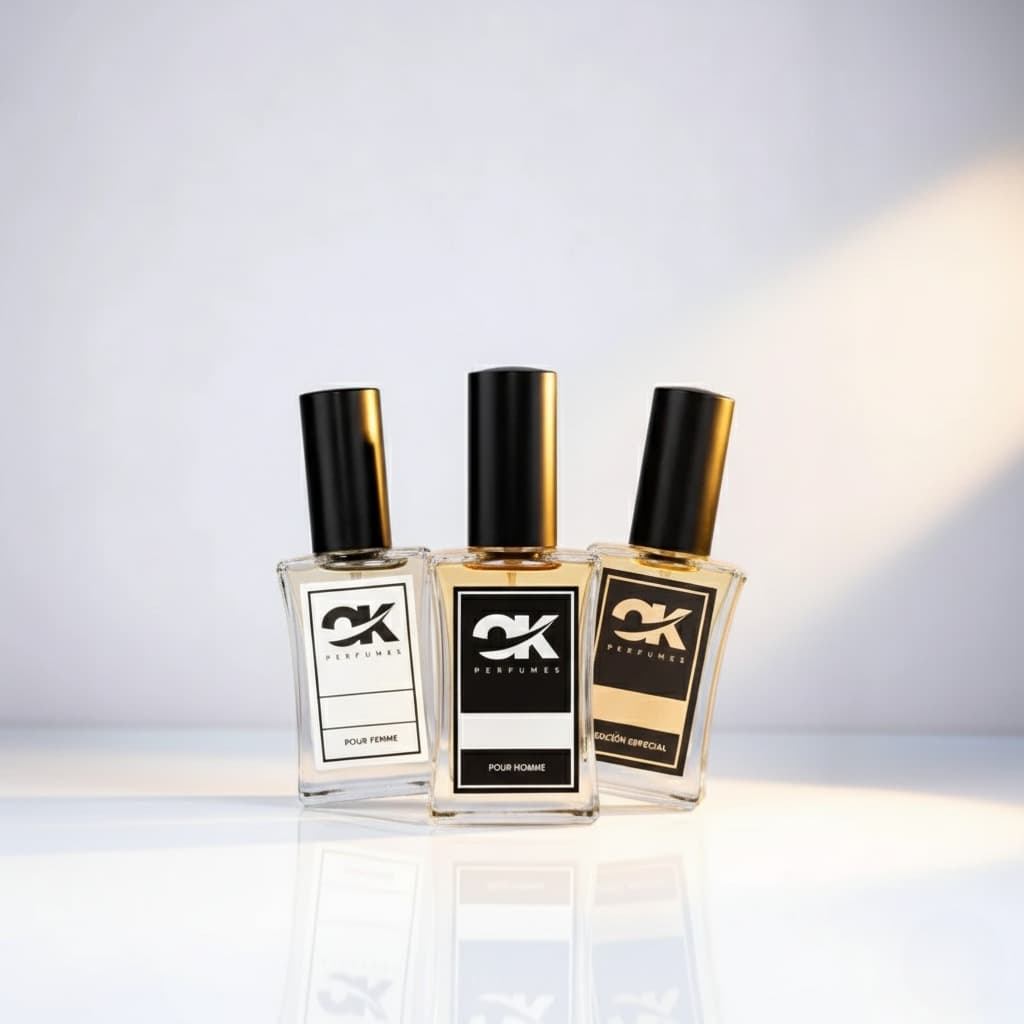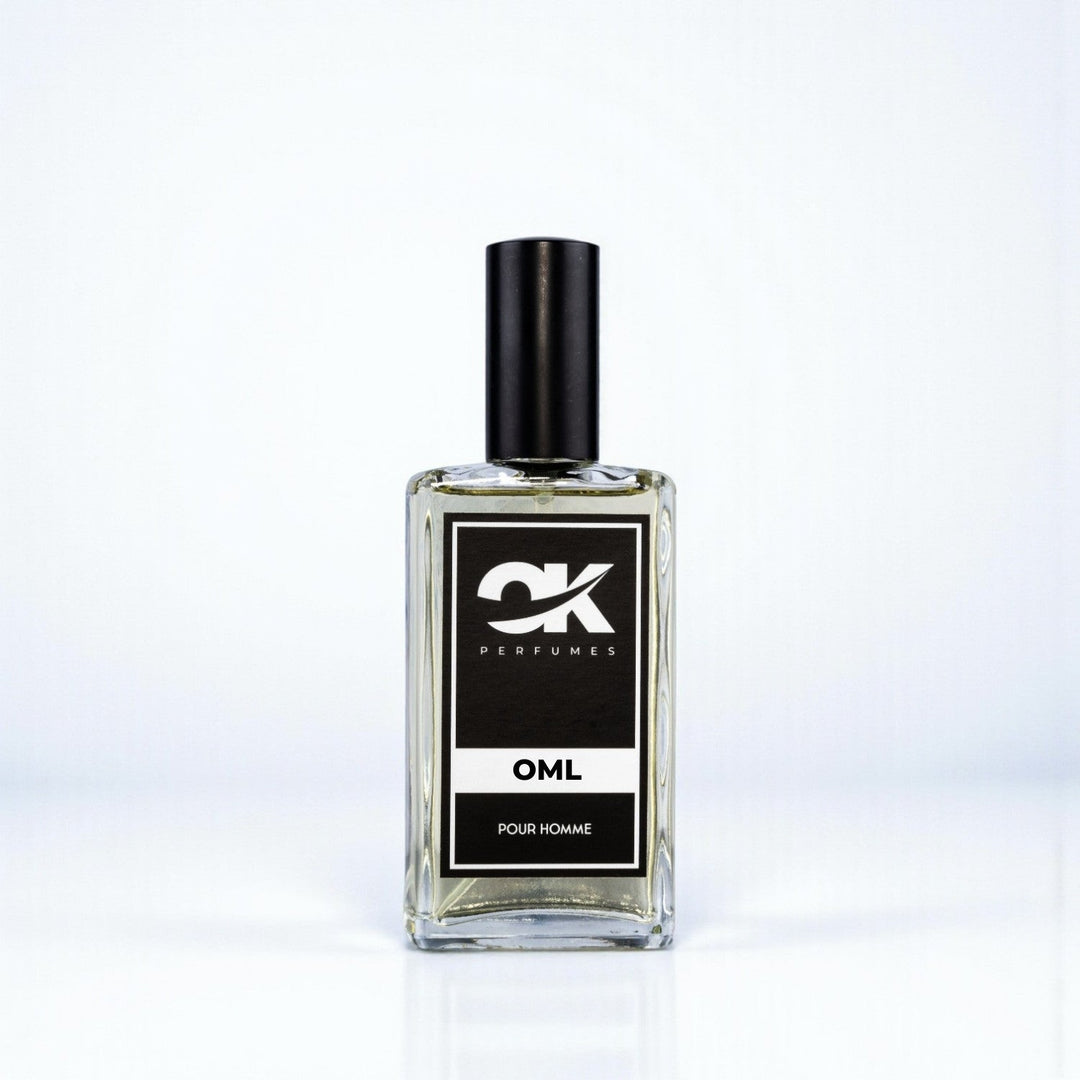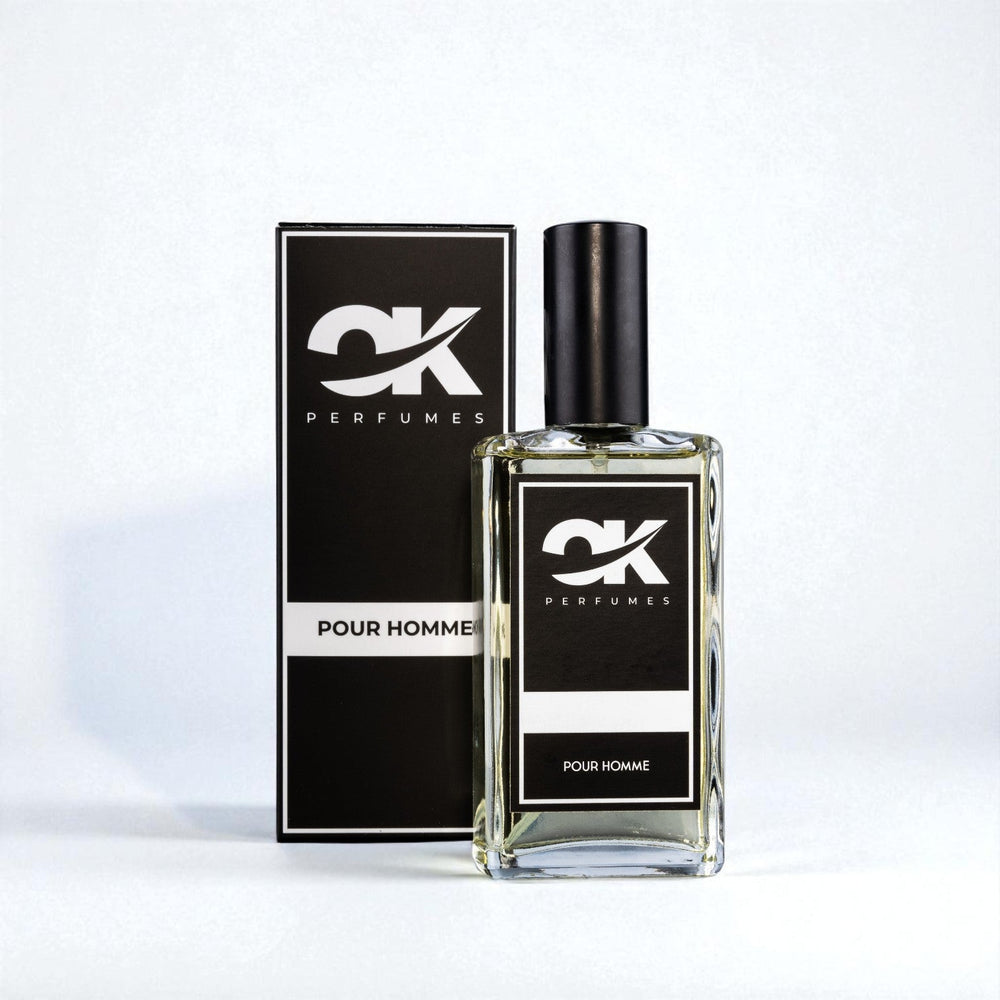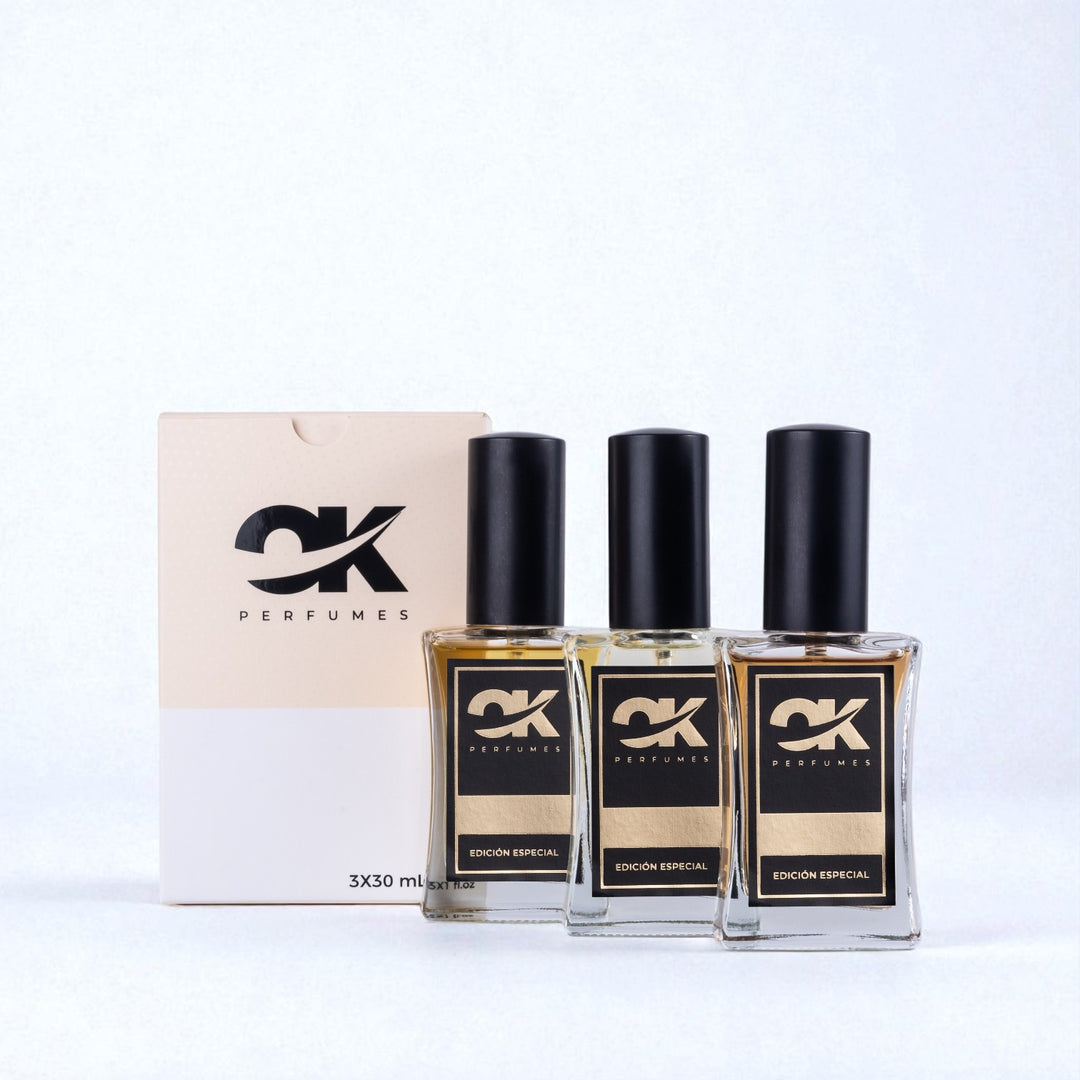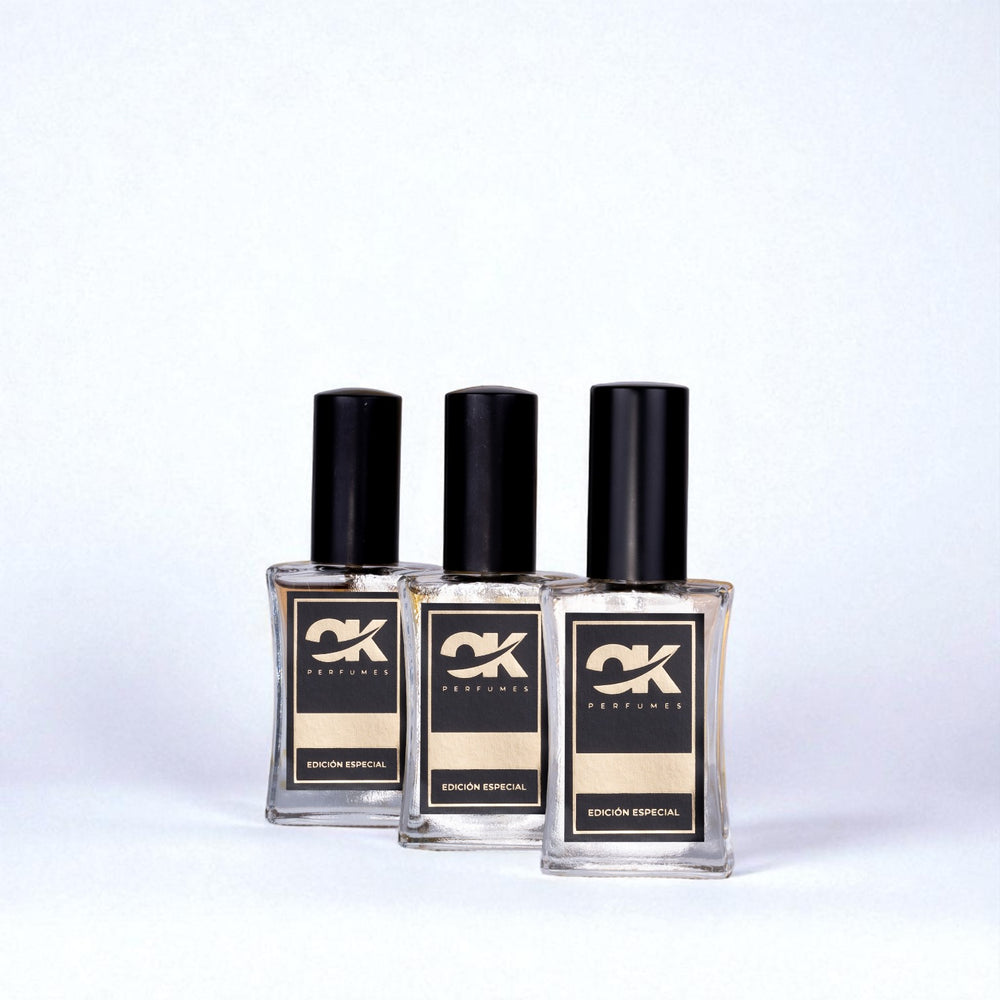Discover the differences between Eau de Parfum, Eau de Toilette and other concentrations
When choosing between different types of perfumes, it's essential to understand the differences between Eau de Parfum, Eau de Toilette, and other concentrations on the market. These terms can be confusing for many, but knowing their characteristics will help you make more informed decisions when purchasing quality perfumes at the best price.
1. Eau de Parfum: Concentration and Durability
Eau de Parfum is one of the most popular fragrance concentrations. It's characterized by a higher concentration of aromatic oils, which gives it greater durability on the skin. This means that with a smaller amount of product, the scent lasts longer.
2. Eau de Toilette: Freshness and Lightness
On the other hand, Eau de Toilette is a lighter, fresher option compared to Eau de Parfum. Although its concentration of aromatic oils is lower, it's ideal for everyday use, especially in warmer climates. Its fragrance tends to be more subtle and not as intense as that of Eau de Parfum.
3. Differences in Perfume Concentration
In addition to Eau de Parfum and Eau de Toilette, other concentrations exist, such as Eau de Cologne and Perfume. Each of these options varies in the amount of essential oils they contain, which directly impacts their durability and projection on the skin.
4. Equivalence of Concentrations
It's important to know that not all brands use the same concentrations of perfume. Some brands may have a more concentrated Eau de Parfum than others, so it's a good idea to know the equivalence between different concentrations to compare products more accurately.
5. Quality of Ingredients
The quality of the ingredients used in the creation of a perfume also plays a fundamental role in its fragrance and longevity. Choosing brands recognized for their use of high-quality ingredients will guarantee a superior olfactory experience.
6. Choose the Best Perfumes for You
Each person has unique fragrance preferences, so choosing the best perfume for you will depend on your personal tastes and the type of fragrance you desire. Whether floral, woody, citrus, or oriental, finding the right perfume for you is essential.
7. Factors to Consider When Buying Perfumes
When purchasing perfumes, consider factors such as the concentration of the fragrance, the quality of the ingredients, the projection and longevity of the fragrance, as well as your personal preferences. These factors will help you make better decisions when choosing between Eau de Parfum, Eau de Toilette, or other concentrations.
8. Variety of Fragrances Available
On the market today, there is a wide variety of fragrances available in different concentrations. From fresh scents ideal for daytime to intense and seductive fragrances for evening, the diversity of options will allow you to find the perfect perfume for every occasion.
9. Price and Quality in Perfumes
Although price can be a determining factor when choosing a perfume, remember that the quality of the fragrance and its longevity on the skin are also important aspects to consider. Look for options that offer an excellent quality-price ratio to get the best of both worlds.
10. Get advice when buying perfumes
If you have any doubts about choosing between Eau de Parfum, Eau de Toilette, or other concentrations, don't hesitate to consult with perfume experts. They can provide you with personalized recommendations based on your specific preferences and needs.
11. Enjoy the Scented Experience
Choosing a perfume is more than just a scent; it's a sensorial experience that can awaken emotions and memories. Enjoy the process of discovering new fragrances and finding those that become your favorites.
12. Find Your Perfect Fragrance
By understanding the differences between Eau de Parfum, Eau de Toilette, and other concentrations, as well as considering quality, price, and your personal preferences, you're one step closer to finding your perfect fragrance. Let the scents carry you away and discover the perfect perfume for you!




